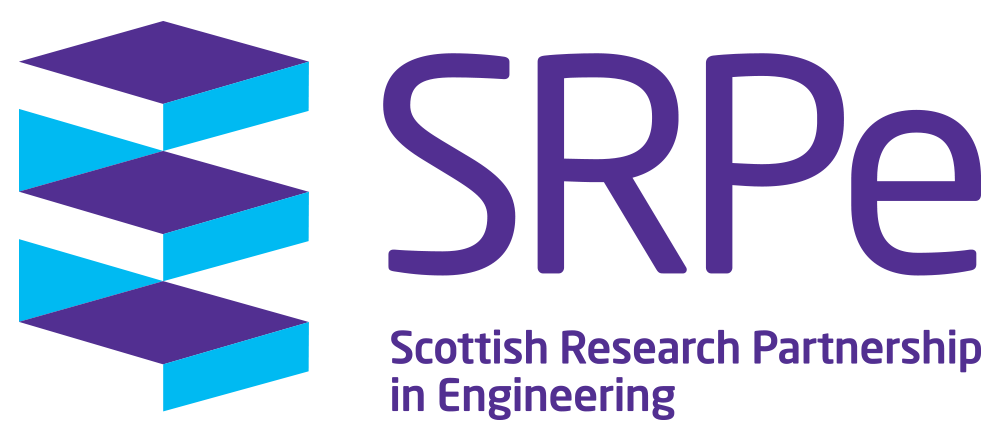Development of Liquid Moulding Process for Aerospace Grade Carbon Fibre Reinforced Polymer Composites
Academic Institution: University of Strathclyde
Academic Supervisor: Dr Liu Yang
Industry Partner: Spirit AeroSystems (Europe) Limited
PhD Student: Hossein Rohani
Start Date: 1st February 2020
Abstract
Traditional autoclave curing technology for fabricating high performance aerostructures (e.g. fuselages, nacelles, and wing structures) is limited by high capital investment and operational costs with long throughput time and excessive energy consumption. Spirit AeroSystems is pioneering out-of-autoclave composite manufacturing processes through advanced liquid composite moulding (LCM). The LCM technology has the ability to diversify business strategies and fulfil cost reduction targets.
Despite these benefits, its wide adoption for high quality aerospace applications has yet to be achieved. The LCM process reliability and part quality are among most important areas that have to be improved in order to qualify consolidated composite materials. To achieve this, technical challenges need to be addressed in areas such as control of liquid resin flow control and composite curing process.
In this project, Spirit AeroSystems and the Advanced Composites Group led by the main applicant at the University of Strathclyde will together develop viable solutions for optimising LCM efficiency and reproducibility of high quality parts.
The investigation will involve:
understanding and control composite curing behaviour,
improving energy transfer through self-heated tooling and materials modification, and
optimisation of LCM curing process.
These activities will be supported by a team of industrial and academic experts in composites design and processing and will be underpinned by a wide range of research facilities at Strathclyde and Spirit.
The expected outcome from this industry-driven collaboration is a robust and economical composite manufacturing process for high value aerospace applications. This will improve company’s productivity and competitiveness in the international market. It will also help the company diversify business strategies (e.g. supply chain) and promote more flexible manufacturing technology to wider high performance applications in aerospace sector and beyond.
